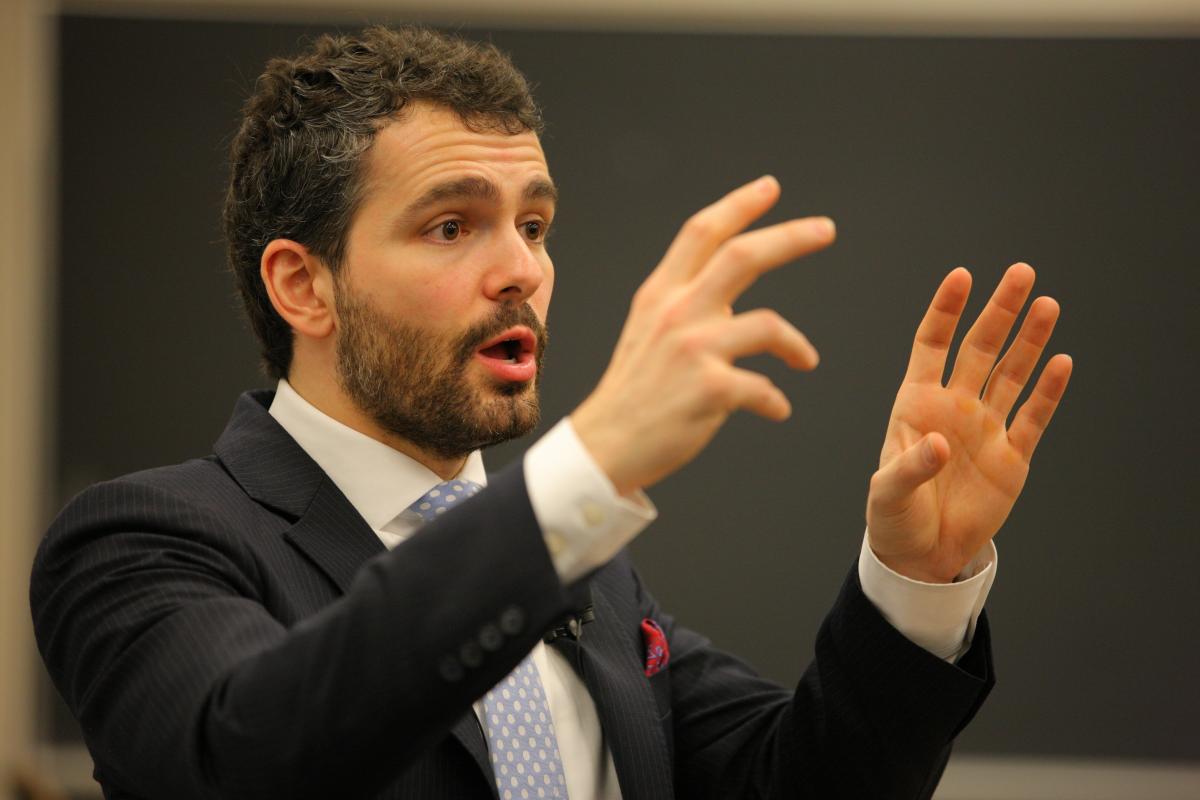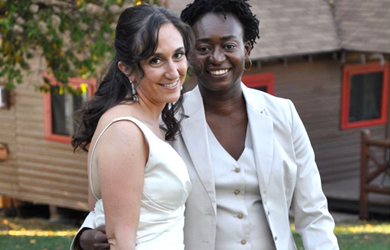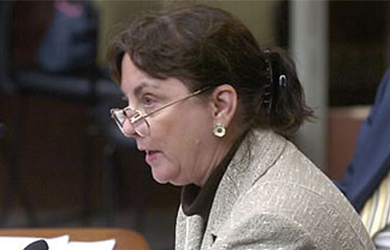Yesterday I wrote a post based on excerpts from the book “Politics According to the Bible: A Comprehensive Resource for Understanding Modern Political Issues in Light of Scripture” by Wayne Grudem in which he complained about the government taking away his preferred grocery bags, light bulbs, and playground equipment.
As I noted then, I am still making my way through the introductory chapters and haven’t gotten into the chapters that lay out the proper Biblical political position on issues like abortion or marriage … but based on this interview with Grudem that I came across today, I can look forward to reading all about how gay men are unfaithful and disease-ridden and therefore don’t deserve to have their relationships recognized by society:
Up to this point, American society has decided to encourage and promote marriage as a relationship between one man and one woman, because it gives immeasurable benefits to a society that no other relationship can provide. This relationship is better for raising children, better for protection against domestic violence and abandonment, better for encouraging lifelong companionship and care, better for encouraging sexual faithfulness, and better in many other ways, that I explain in my book Politics—According to the Bible.
But homosexual relationships do not give these benefits. Male homosexuals experience a 25 to 30 year decrease in life expectancy, and much higher incidence of many chronic diseases.
Sexual faithfulness is far different among married heterosexuals: 90 percent of heterosexual women, and over 75 percent of heterosexual men have never engaged in extramarital sex. But among male homosexuals the rate of sexual faithfulness is around 2 percent, even when “faithfulness” is generously defined as ten or fewer lifetime partners. Such statistics are seldom reported in the mainstream media. The question is, is this the kind of relationship we as a society want to encourage, reward, and promote by giving it the status of “marriage” and all the societal encouragement and endorsement that that status carries?








